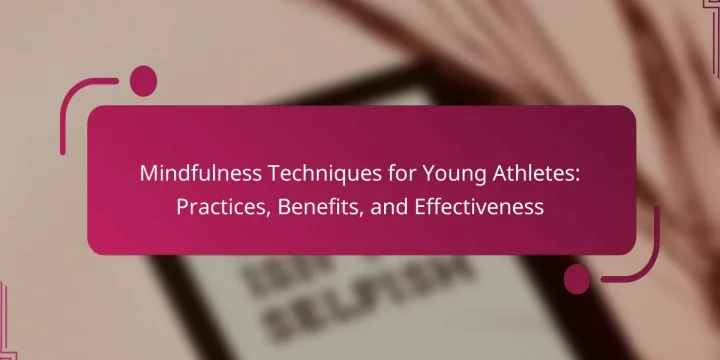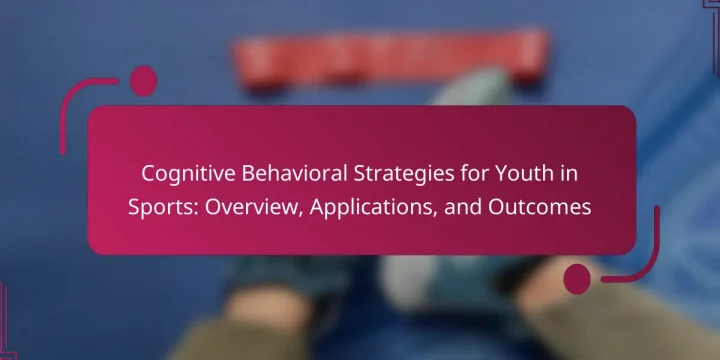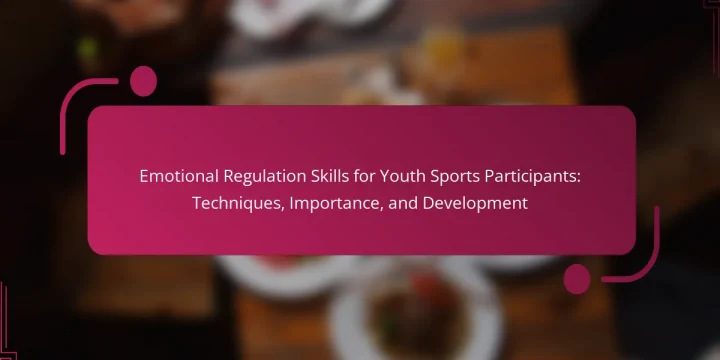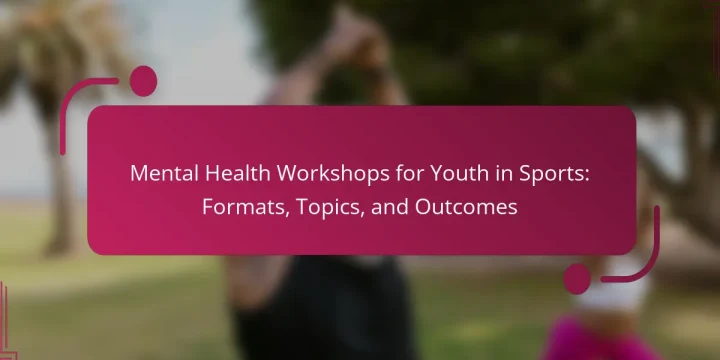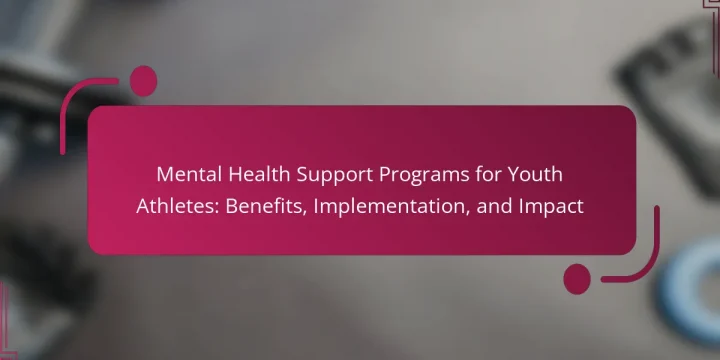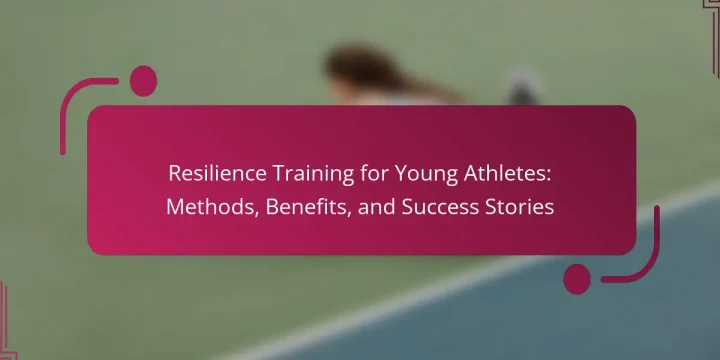
Resilience training for young athletes enhances mental toughness and coping strategies, crucial for performance under pressure. This article explores effective methods, highlights key benefits, and shares inspiring success stories of athletes who have thrived through resilience training. What is Resilience Training for Young Athletes? Resilience training for young athletes focuses on developing mental toughness and coping strategies. This training enhances performance under pressure, reduces anxiety, and fosters a growth mindset. Methods include cognitive-behavioral techniques, goal setting, and visualization exercises. Benefits extend to improved focus, increased confidence, and better emotional regulation. Success stories highlight athletes overcoming challenges, demonstrating the transformative impact of resilience training in sports. Why is Resilience Important for Young Athletes? Resilience is crucial for young athletes as it fosters mental toughness and adaptability. This enables them to cope…

